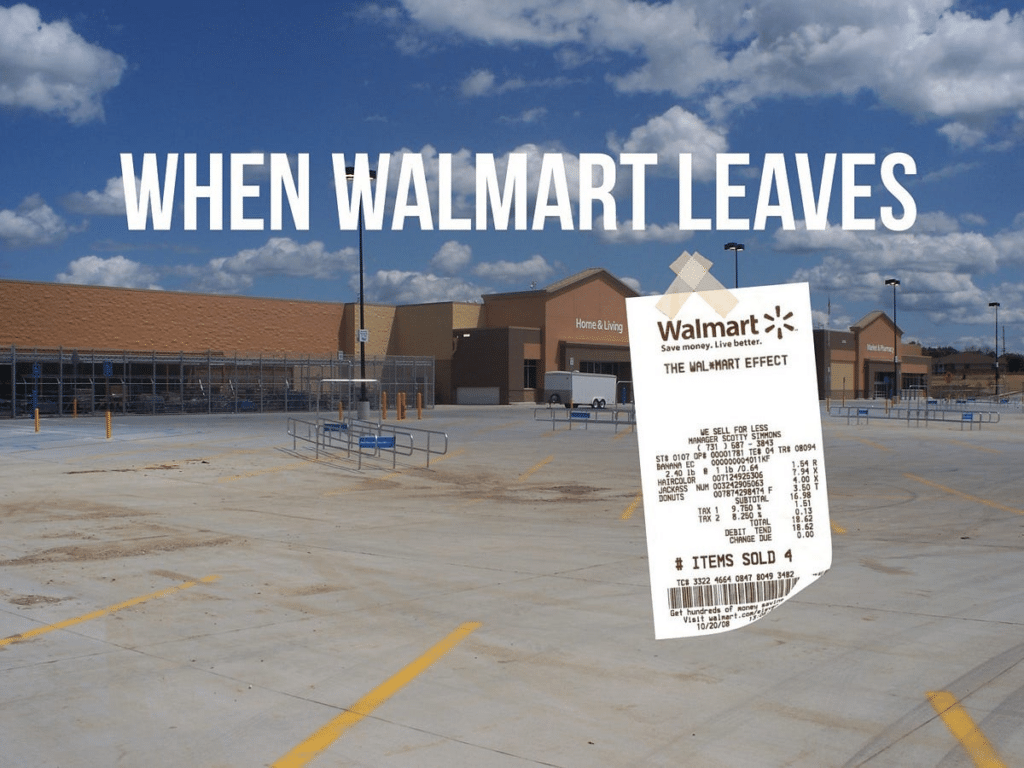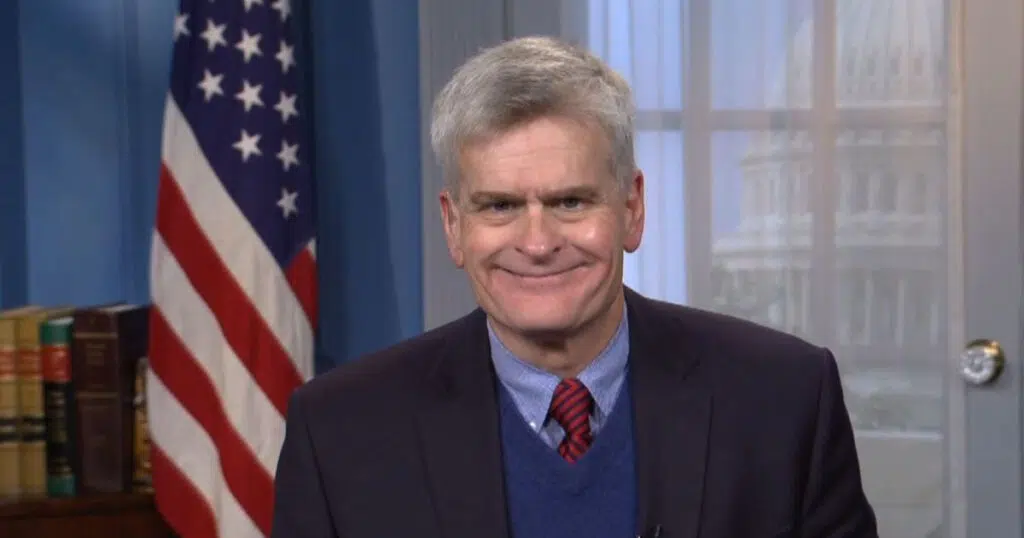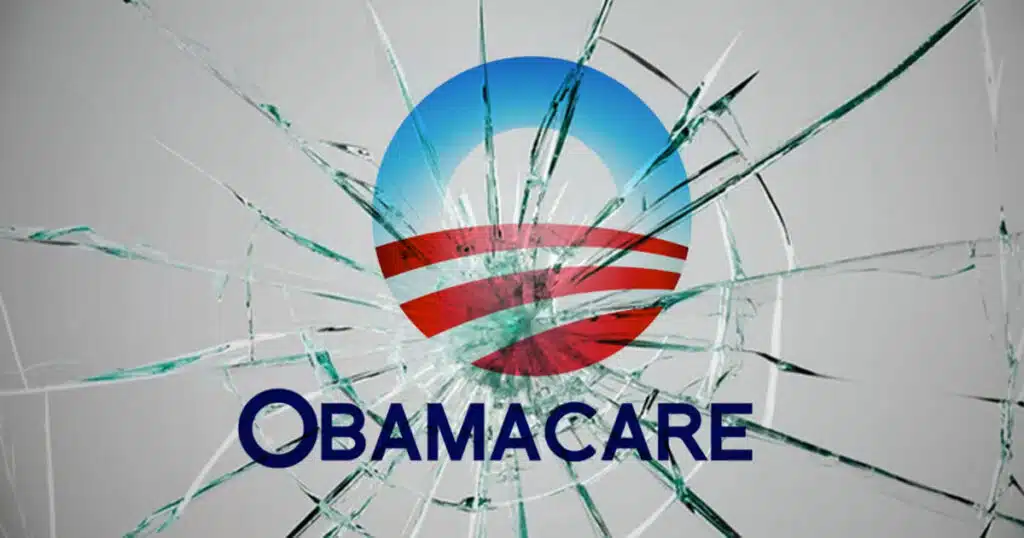
Cesspool City Going Into The Grocery Store Business, What Could Go Wrong?
I have said many times that there is a huge difference between having an idea and having a good idea. If you were the mayor of a city that resembled the OK Corral on its worst day, and business after business were closing up and leaving because of theft and the safety of their employees, what would you do?
Well, if you’re the mayor of Chicago you don’t correct the problem by cracking down on crime and prosecution, instead you decide to go into the grocery store business. Due to the closings of stores like Wal-Mart, Target, etc., woke, delusional Mayor Brandon Johnson, has decided that a city run grocery store may be the answer.
“All Chicagoans deserve to live near convenient, affordable, healthy grocery options. We know access to grocery stores is already a challenge for many residents, especially on the South and West sides. A better, stronger, safer future is one where our youth and our communities have access to the tools and resources they need to thrive. My administration is committed to advancing innovative, whole-of-government approaches to address these inequities. I am proud to work alongside partners to take this step-in envisioning what a municipally owned grocery store in Chicago could look like.”
Well, the Chicago Tribune, in a moment of clarity disagreed with Johnson.
“We surely believe that all Chicagoans should have access to fresh food. But we don’t think City Hall should be behind the deli counter. As inflation and the prices of everything continues to rise, Chicago, Illinois, Mayor Brandon Johnson floated out the idea of launching a government-owned grocery store with the goal of promoting food equity and accessibility for all Chicagoans.”
In the press release on this issue, the mayor’s office announced a partnership with The Economic Security Project to create a city owned grocery store. The Economic Security Project is a national non-profit dedicated to building economic power for all Americans, that provides “technical assistance in determining a pathway to the first municipally owned grocery store in Chicago.”
Ameya Pawar, the Senior Advisor at The Economic Security Project, who is apparently as delusional as Johnson issued this statement:
“The City of Chicago is reimagining the role government can play in our lives by exploring a public option for grocery stores via a municipally owned grocery store and market.”
Oh boy, that’s what we all need, government having a larger role in our lives.
He then added this, which is proves my skepticism:
Not dissimilar from the way a library or the postal service operates, a public option offers economic choice and power to communities. A City-owned grocery store in the South or West side of Chicago would be a viable way to restore access to healthy food in areas that have suffered from historic and systemic disinvestment.
OK, let’s think about the two examples that this obvious leftist tool gave. The U.S. postal service is one of the worst run businesses in America, and the head of the American Library Association, bills herself as a Marxist lesbian and openly praises and pushes for socialism, and has no problem placing pornography in the hands of children.
The mayor’s office also released this statement:
Historic disinvestment has led to inequitable access to food retail across Chicago, and these existing inequities have been exacerbated as at least six grocery stores closed on the South and West sides over the past two years.
According to estimates from the U.S. Department of Agriculture, 63.5% of residents in West Englewood and 52% of residents in East Garfield Park live more than half a mile from their nearest grocery store, whereas in West Town less than 1% of residents experience this barrier to food access. Moreover, food access and security link directly to environmental and racial justice. 37% of Black residents and 29% of Latino/x residents are food insecure, compared to 19% of residents overall. Exploring innovative initiatives to support food retail is part of the Johnson administration’s broader commitment to correcting systems and practices that have created these inequities.
The impact of inadequate food retail reaches beyond food access. Grocery stores serve as anchors in communities by employing community members and acting as a catalytic business for nearby commercial activity.
Grocery store closures, especially in areas that rely on one grocery store provider, force residents to leave their neighborhoods and spend money outside of their communities to find healthy, affordable, enjoyable food options. This contributes to the existing “retail gap” many South and West side communities face, where millions of dollars in local residents’ purchasing power that could have been invested in their community ends up supporting retail stores in other parts of the city. This feasibility study will contribute to the administration’s commitment to investing in innovative solutions to address community infrastructure, neighborhood revitalization, and economic vitality.
First, does not having a grocery store within a half mile really represent a historic disinvestment and inequitable access to food? Also, the six grocery stores that closed did so because of theft and violence, what did Johnson do to address that?
Anton Seals Jr., Lead Steward of Grow Greater Englewood, Mayoral transition subcommittee co-chair, and inaugural member of the City’s Food Equity Council, chimed in with this:
The strides being made in the realm of food justice are now poised for a significant advancement towards innovative solutions. This opportunity marks a pivotal moment to forge pathways for food accessibility, with the City recognizing its role as a key partner in addressing market shortcomings. By doing so, it aims to propel solutions in communities that have long faced challenges in accessing nutritious and affordable food options. This partnership aligns with broader statewide initiatives, representing a truly distinctive moment in time. These efforts hold the promise of creating a profoundly meaningful impact.
The bottom line is this, neither former mayor and Beetlejuice doppelganger, Lori Lightfoot, or Johnson have done anything to rein in the violence and theft that forced these companies to leave. Their policies have destroyed civility in the city and not only emboldened, but enlarged the criminal element that resides there.
Enforce the law, arrest, and prosecute the criminals and you will be surprised how quickly things improve. A city owned grocery store isn’t a bad idea, it’s a Horrible idea.
I can hear the loudspeaker now at this fiasco of a store:
“Cleanup …. Mayor’s office.”



